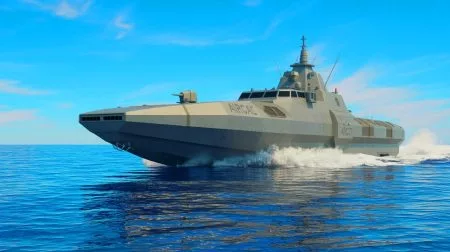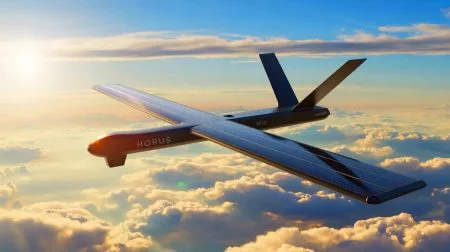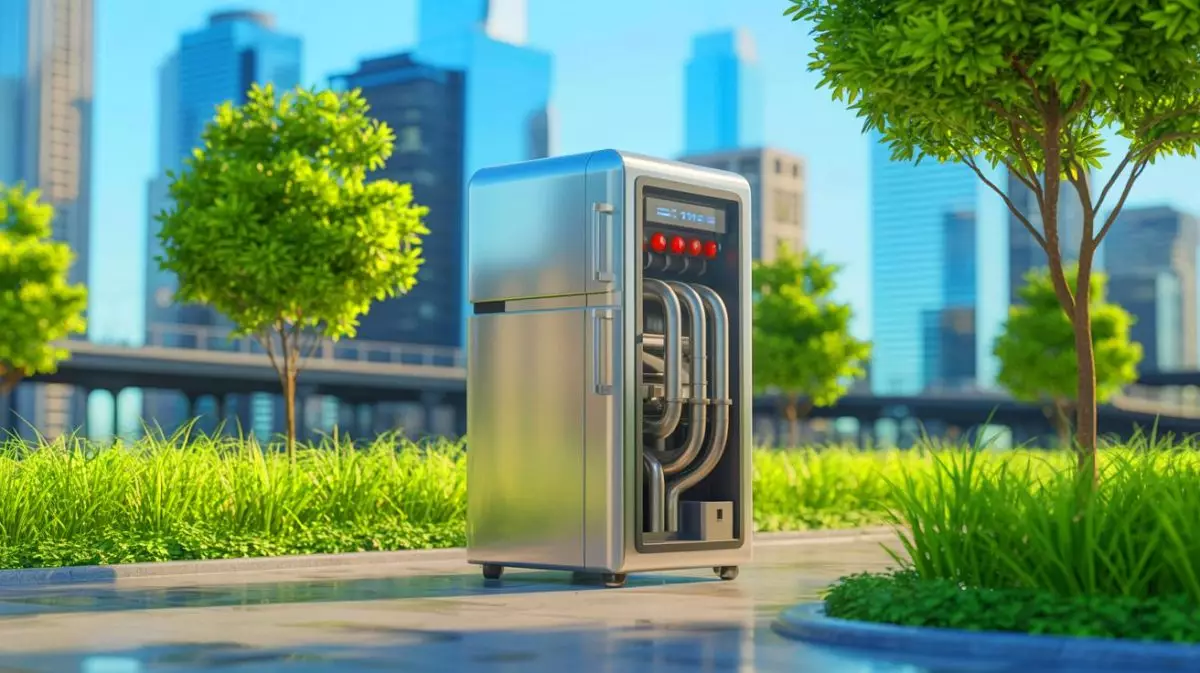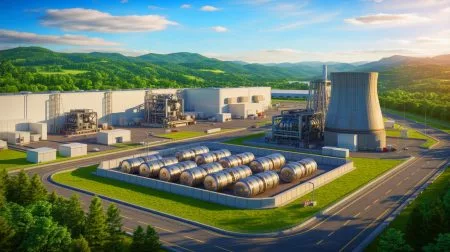| IN A NUTSHELL |
|
Imagine a world where gasoline is produced without the need for oil drilling or pollution. An American startup, Aircela, claims to have achieved this remarkable feat. In a discreet yet groundbreaking demonstration, Aircela showcased a machine capable of creating gasoline directly from ambient air. This isn’t a futuristic promise; the technology is already operational, requiring no complex infrastructure, engine modifications, or even a drop of crude oil. This innovation may very well transform the fuel industry as we know it.
The Refrigerator-Sized Machine That Makes Fuel
Unveiled in Manhattan’s Garment District, the machine designed by Aircela is the size of a refrigerator. This compact device operates on a dual-process system: it captures carbon dioxide (CO₂) directly from the air and then converts it into clean gasoline, ready for use in any vehicle. This isn’t merely a laboratory prototype; according to its creators, the machine is fully functional and ready for installation in residential, commercial, or industrial environments.
The machine’s ability to generate fuel on-site, without the emissions typically associated with traditional fuel production, represents a major leap forward in sustainable technology. Its potential to revolutionize how and where we produce fuel could pave the way for more localized and environmentally friendly energy solutions. This marks a significant shift in how we approach energy production, moving towards a model that could drastically reduce our carbon footprint.
A Clean Fuel Compatible With Your Car
The gasoline produced by Aircela isn’t a biofuel or an experimental new molecule. It’s chemically identical to traditional gasoline but without impurities like sulfur, ethanol, or heavy metals. This means it can be used in any gasoline engine without modification. Additionally, it doesn’t require changes to the current distribution infrastructure, a major breakthrough in a sector where alternatives like electric vehicles often struggle due to compatibility or network issues.
Imagine filling your tank with a cleaner fuel that doesn’t compromise on performance or require you to change your vehicle. This innovation provides a seamless integration into existing systems, offering a practical solution to the growing demand for clean energy. Eric Dahlgren, co-founder of Aircela, demonstrated this by filling a bottle with gasoline produced in real-time by the machine, showcasing its immediate applicability and potential impact on the fuel industry.
Industry and Scientific Support Behind the Innovation
This project is far from isolated. It enjoys support from major industry players like Chris Larsen, founder of Ripple; Jeff Ubben, an activist investor; and even Maersk, a global leader in maritime transport, through its venture capital arm. Scientifically, the technology is based on the work of physicist Klaus Lackner, a pioneer in direct air capture of CO₂. Aircela has leveraged his research to develop a compact, commercial-ready version of this technology.
The backing from both the scientific community and industry leaders lends credibility and momentum to Aircela’s mission. The convergence of these forces underscores the technology’s potential to reshape the energy landscape. This support not only validates the technology but also accelerates its path to market, suggesting a promising future for this innovative approach to fuel production.
Deployment by 2025: A Turning Point on the Horizon?
Aircela plans to begin its first deployments by fall 2025, targeting off-grid areas or industrial uses. The goal is clear: to offer a clean and immediate alternative to fossil fuel without disrupting existing systems. In a time where energy transition seems slow, costly, or incomplete, this technology could change the game. It doesn’t replace electric vehicles but offers another path: a carbon-neutral fuel that’s usable here and now.
As the world grapples with energy challenges and climate change, this breakthrough offers a glimmer of hope. The ability to produce fuel locally, without the environmental downsides of traditional methods, could significantly impact how we think about energy. This approach presents a viable solution that complements ongoing efforts towards sustainability and environmental responsibility.
A Future Where Fuel is Made at Home?
Still in its launch phase, Aircela’s machine hints at a radically different future. A future where every gas station, business, and even home could produce its own fuel from air and a bit of renewable electricity. This isn’t science fiction; if Aircela delivers on its promises, the future of energy might well be written in our backyards, replacing the barbecue with a personal fuel station.
The potential for widespread adoption raises intriguing possibilities for decentralized energy production. Could this be the key to achieving energy independence on a personal level? As we stand on the brink of this new era, one must wonder: how will this transformation shape our daily lives and the environment in the years to come?
Did you like it? 4.6/5 (29)









Wow, cette machine est incroyable! Est-ce qu’elle fonctionne déjà dans certaines maisons? 😊
Je suis sceptique… produire de l’essence à partir de l’air, c’est un peu trop beau pour étre vrai, non?
Si cela fonctionne vraiment, ce serait une révolution totale pour l’industrie pétrolière!
Un grand merci à Aircela pour cette innovation! Enfin une solution durable pour l’énergie. 🙏
J’ai hâte de voir cette technologie en action. Combien ça coûtera pour un particulier?
C’est impressionnant, mais est-ce que ça résoudra vraiment le problème des émissions de CO₂?
On dirait que la science-fiction devient réalité. Incroyable! 🤯
Comment ça marche exactement? C’est difficile à croire que de l’air puisse être transformé en essence.
Je me demande quel impact cela aura sur le prix de l’essence.